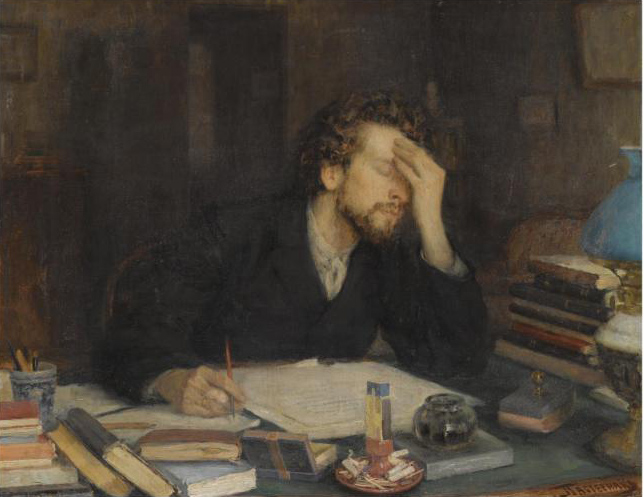A publisher's view of fantasy - Guest Interview
/I will be a panelist and have a booth at the mammoth virtual fantasy convention FantasyCon coming up (November 1 - 8). This is a new kind of book-lover's event. The kind of nerdy conventions that hard-core fans used to spend thousands to attend can now be had by anyone with an internet connection. There will be fantasy games with real prizes (money, books and swag). There will also be at least 200 real authors to meet and a ton of free and discounted books to explore. It will truly be a fantasy paradise.
Each day of FantasyCon is devoted to a sub-genre of fantasy. And some who aren't fanatical about fantasy might not even know what some of them are. To gear up for the event then, I am going to host a series of guest posts from FantasyCon authors clarifying the different sub-genres over the next few days. First, however, I am going to post an interview with another kind of FantasyCon participant--a publisher.
Please welcome Carly McCracken of Crimson Cloak Publishing. And thank you for joining us today, Carly.
1. From a publisher’s point of view, how would FantasyCon help you and the authors in your company?
FantasyCon helps by making more people than we would normally have access to, aware of us, our books, our authors, our brand, and our mission.
2. Can you see online events as part of an author’s role in the writing world?
Absolutely! Authors need to continually put themselves in the public's (and potential customers’) eye. This is just one more way to achieve that! Plus it has its advantages. For instance, an author doesn't have to actually LEAVE his home, his family, his life to participate, and he/she can potentially reach a MUCH bigger audience.
3. What do you look for in a good fantasy and sci-fi manuscript?
It MUST have good story flow. You know, the kind that keeps you interested through almost every step of the entire book. It should have a well-rounded story, built with interesting and memorable characters. It doesn't have to be action-packed to accomplish this either! A good plot, characters that seem to come to life, and good dialog around a campfire can accomplish this as well as a good action scene. It SHOULD have some action somewhere, though. :)
4. This genre is filled with an abundance of sub-genres. In your opinion, what is the future of fantasy and sci-fi? How does this genre stand up against the many other genres in the industry?
Wow, that's a tough question. My personal favorite is Sci-Fi/Fantasy. I think this genre has the biggest possibilities, but even a good children's book is enjoyable if written well. The future is hard to predict at any time, but I don't think many parts of Fantasy Genre will suffer. They have been around a long time, and I think they will continue to interest people. I think there are a lot more people interested in Fantasy than any others. The only one that probably compares would be self-help books. Those get a lot of sales too. For good reason.
5. What draws you to fantasy and sci-fi, both as a reader and a publisher?
I love a good story. I love aliens, and space, and time, and magic. I love interesting characters. I love ghosts, and anything paranormal. It's all so fascinating, and different from the mundane stuff we deal with every day. I think that is what draws me (and most others) in. The escape from reality. We can imagine we are the character, or there with the character, and we can experience things we wouldn't be able to otherwise.
6. Can you offer some advice to fantasy or sci-fi writers in the community about manuscript to publishing?
Not much more than I have already said. You need to keep your story moving. If it flat-lines, you need to look at why, and either remove what is causing it, or try re-writing it. Also, be open to re-writes. A lot of authors get married to their work. While this is a WONDERFUL quality that will help you sell books (enthusiasm for one's own work will draw people), you don't want to be SO married that you aren't willing to listen to your editor. Editors DO know what they are doing, otherwise they probably wouldn't have their job. So please be open-minded, and be willing to work with your editor on re-writing parts of your story that might need this. You do NOT want the reader to lose interest in your book. Usually once lost, they will put the book down, and never pick it up again. Another thing you don't want to do is over-complicate your story. If you do this, you will make your book hard/frustrating to read, and that will lose you potential sales, or a good review. One bad review can do 10x more damage to your sales/reputation than the good that 10 good reviews do.
















